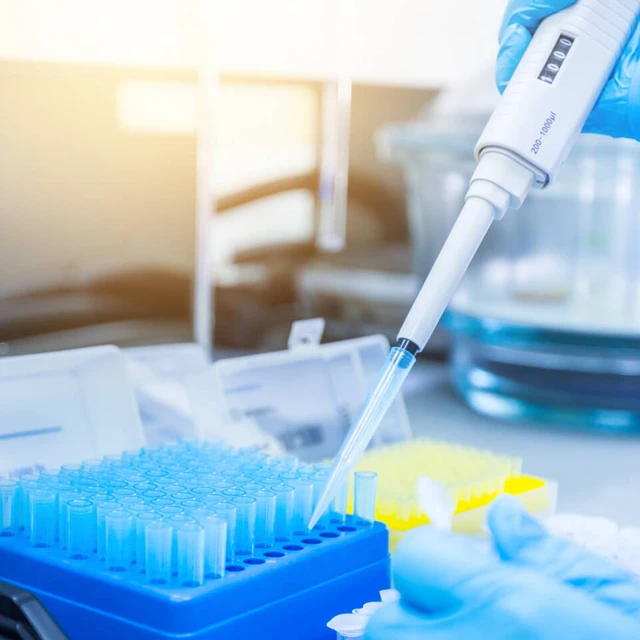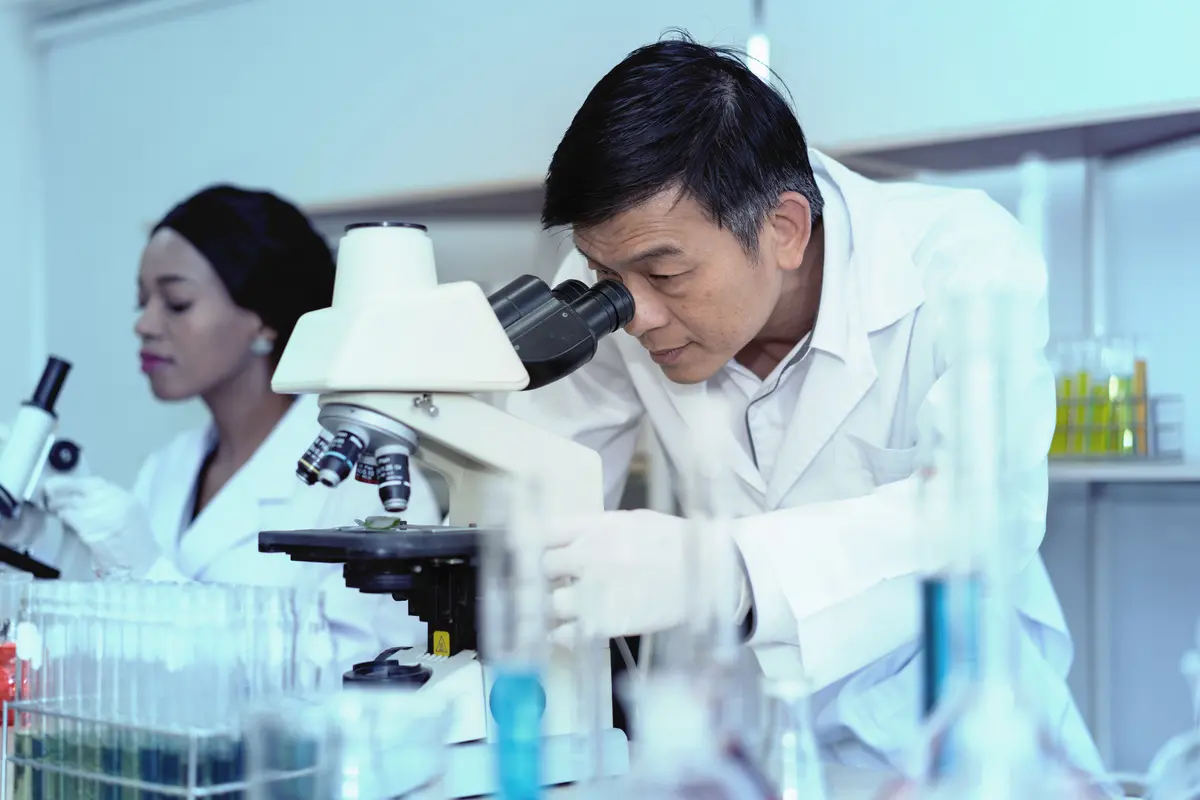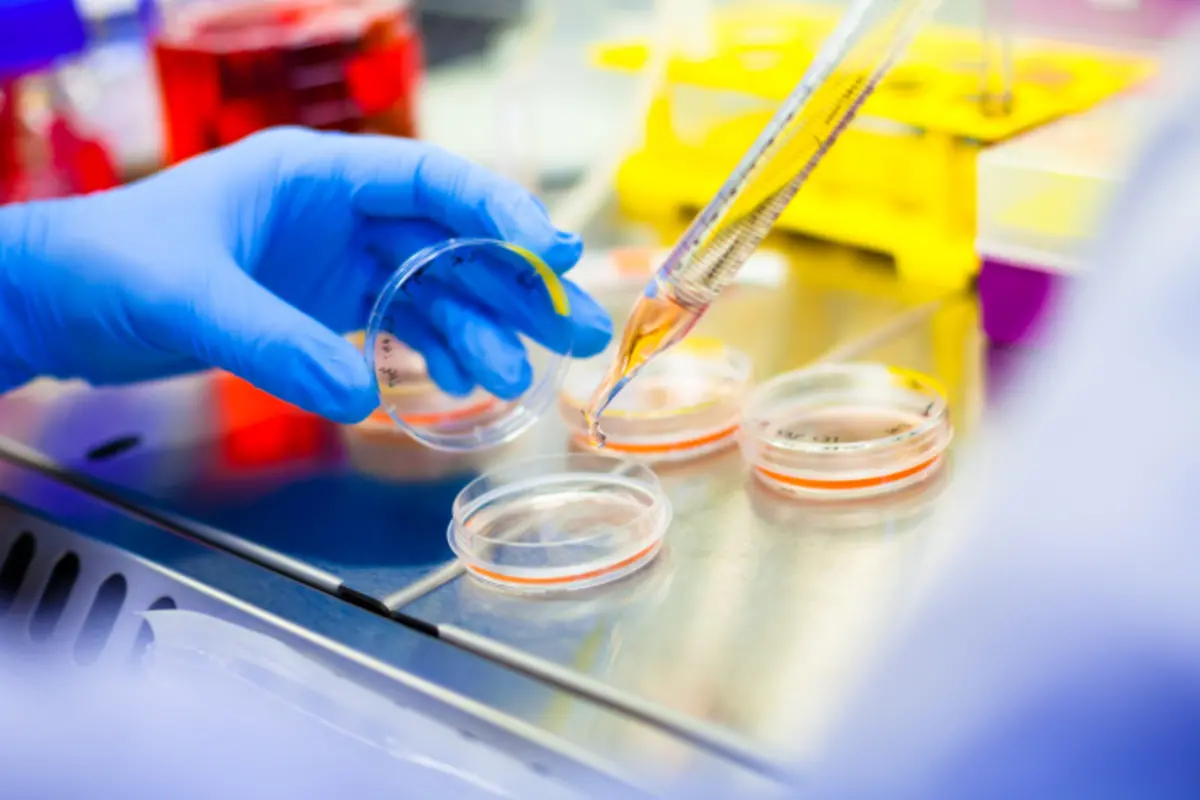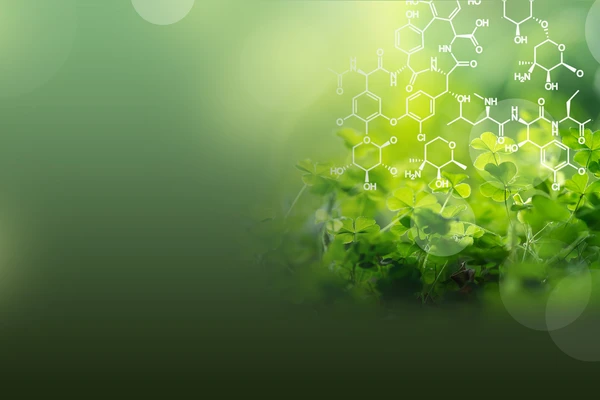Fine chemicals - a rapidly growing segment
From medications to food flavorings, fine chemicals are found in a wide range of everyday products. That's why the segment is rapidly gaining ground, with a projected value of $157 billion by 2028. There are a number of ways to produce these single, pure substances. One is through chemical synthesis of fossil fuel-derived starting chemicals. Others include biocatalysis and cell culture.







